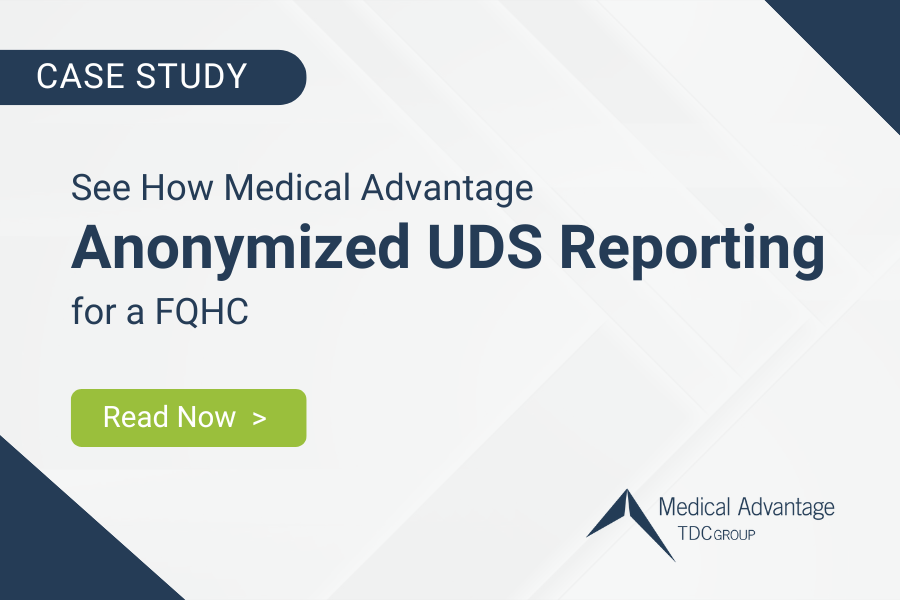As healthcare technology is constantly evolving, understanding the role of electronic health records (EHRs) is important for both providers and patients. EHR systems are digital versions of a patient’s medical chart, offering a comprehensive, real-time view of their health information. Unlike traditional paper records, EHRs can be securely – and instantly – shared across authorized healthcare providers and organizations, thanks to sophisticated EHR systems. In this article, we will explore the basics and benefits of EHR systems in healthcare.
Defining EHR Systems in Healthcare
EHR records encompass a wide array of key administrative and clinical data, including patient demographics, progress notes, problems, medications, vital signs, past medical history, immunizations, laboratory data, radiology reports, and more. EHR systems in healthcare ensure that authorized users have access to a comprehensive view of a patient’s care in real time, on demand.
The digital format of EHRs in healthcare allows for the secure creation and management of health information, facilitating seamless sharing with other healthcare providers and organizations involved in a patient’s care. This interoperability ensures continuity of care, as every authorized provider can access up-to-date information, thereby improving coordination that can reduce the chances of errors or duplicated efforts.
Understanding EHR Systems in Healthcare
EHR systems enable healthcare providers to efficiently manage patient health information, ensuring that comprehensive and accurate data is accessible in real time whenever and wherever needed. By providing a centralized platform for EHRs, these systems help improve patient care, streamline workflows, and enhance collaboration among different healthcare entities.
What is the Difference Between EHR and EMR systems?
Understanding the distinction between EHRs and electronic medical records (EMRs) is key for appreciating their unique roles in healthcare. Although both systems digitize patient information, they serve different purposes and offer varying degrees of functionality and accessibility.
Electronic Medical Records
EMRs are digital versions of the paper charts found in a clinician’s office. They contain the medical and treatment history of patients within one practice. EMRs streamline workflows by automating tasks like appointment scheduling, billing, and documentation. However, the scope of EMRs is narrower, as they are typically confined to use within a single healthcare organization and do not easily transfer or share information with outside entities. This limitation can impede continuity of care when a patient’s needs involve another provider.
Electronic Health Records
In contrast, EHR systems provide a comprehensive, real-time view of a patient’s health history that can be securely accessed and shared across different healthcare settings. This interoperability ensures that all authorized healthcare providers involved in a patient’s care have access to up-to-date information.
In summary, while EMRs focus on the digitalization of records within a single practice, EHRs provide a more comprehensive and interoperable solution, facilitating broader access to patient information and supporting collaborative, high-quality care across the healthcare continuum.
EHRs in Healthcare Compliance
Certified EHR systems meet stringent functionality and security requirements as mandated by the U.S. Secretary of Health and Human Services and the Office of the National Coordinator for Health Information Technology (ONC). These certifications ensure that EHR systems adhere to high standards of interoperability, privacy, and security, safeguarding patient information while promoting seamless integration and communication across the healthcare ecosystem.
The Benefits of Implementing EHRs in Healthcare
One of the primary advantages of EHRs is the automation of patient records management, which streamlines clinicians’ workflows and enhances efficiency. EHRs support a wide range of care-related activities by providing comprehensive, real-time data that can be accessed securely by authorized users across various healthcare settings.
Additionally, EHRs offer robust evidence-based decision support tools, aiding clinicians in making informed, accurate, and timely medical decisions. This functionality improves patient outcomes and helps reduce medical errors. EHRs also enhance quality management and outcomes reporting, facilitating healthcare organizations to monitor performance, identify areas for improvement, and adhere to regulatory requirements.
To further explore the benefits of EHRs, read our comprehensive article on EHR benefits.
Summary: EHR Systems in Healthcare
What is an EHR in Healthcare? In the United States, EHR software represents a significant advancement over traditional paper-based systems. Unlike Electronic Medical Records (EMRs), which offer a narrower scope and limited sharing capabilities, EHR systems provide interoperable access to patient data. These digital records include detailed patient medical history, test results, and other vital information that can be securely shared across authorized healthcare providers and organizations.
One of the primary benefits of EHRs is the centralized access to patient records, which significantly enhances clinicians’ workflows and overall efficiency. By providing comprehensive, real-time data that can be securely accessed by authorized users across various healthcare settings, EHRs support a wide array of care-related activities.
EHRs offer robust, evidence-based decision support, enabling clinicians to make informed, accurate, and timely medical decisions. This capability improves patient outcomes and helps reduce medical errors. Additionally, EHRs facilitate quality management and outcomes reporting, allowing healthcare organizations to monitor performance, identify areas needing improvement, and comply with regulatory requirements.
Maximize Your EHR’s Potential with Medical Advantage
Do you question if your EHR could make processes more efficient? Medical Advantage is dedicated to helping healthcare practices fully reap the benefits of EHR systems through expert optimization and comprehensive training. Our tailored approach ensures that your EHR software is seamlessly integrated into your daily operations, enhancing workflow efficiency, and improving patient care. Contact us today to learn more about our consulting and training services.





